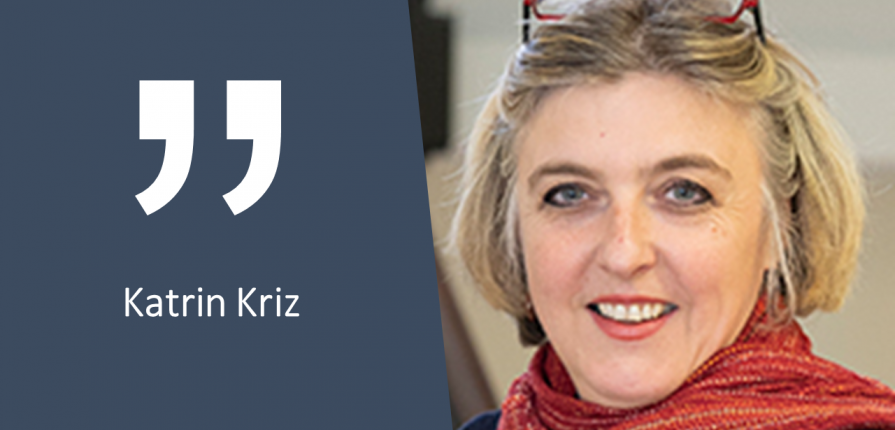BLOG: What can child welfare research teach us about saving democracy?
Blogpost by Katrin Križ, Professor of Sociology at Emmanuel College (US) and member of the Child Right Unit at Lawtransform.
The violent attack on the United States Capitol on January 6 this year by extremist insurgents demonstrated how fragile democracy is. According to the dictionary definition, a democracy is a type of government ruled by citizens through their political representatives. It is the antonym of autocracy or dictatorship, where an authoritarian ruler bends a citizenry into submission through violent oppression, withholds information and obfuscates the truth.
For a democracy to function, residents of a country need to behave as citizens—people who are empowered to learn about, reflect upon, deliberate, and peacefully decide about the issues that concern their families, communities, and country, and act upon their decisions.
For a democracy to function, residents of a country need to behave as citizens
Katrin Križ
In a democracy, citizens engage in promoting democracy in various ways, for example, by discussing issues, making their voice heard and making decisions as members of civic associations, clubs or community organizations, as peaceful protesters, voters, workers, family members, and leaders. They learn about issues, think, and talk about them and make informed decisions, even despite diverging opinions.
Children as capable agents
Child welfare research on how child welfare or social workers in public child welfare agencies promote children’s participation in decisions that affect their lives can teach us a great deal about saving democracy. This research has taught us that there is a group of child welfare workers in public child welfare agencies who promote children’s participation in various ways: they conceive of children and young people as capable agents.
They listen carefully to their wishes and work their opinions and wishes into solutions that are safe for them, for example in decisions about foster homes, contact with parents, choice of schools, and extra-curricular activities. They diligently build respectful and trusting relationships with children and young people, provide information to them that allows them to make informed decisions, and actively engage them in decision-making. They give children and young people time and space to reflect and communicate their opinions, and actively divest power away from themselves.
Empowering citizens
In these (inter)actions, they build democracy from the ground up by empowering children and young people to act as active citizens. They show that peaceful, democratic interactions can be taught and reinforced in everyday interactions in families, bureaucracies, community organizations, and in government.
We must empower children and young people to act as citizens by promoting their participation in decision-making if we want to save democracy
Katrin Križ
Parents and professionals who interact with children and young people, including teachers, healthcare workers, law enforcement professionals, judges, and many others must spearhead these democratization efforts from the ground up. We must empower children and young people to act as citizens by promoting their participation in decision-making if we want to save democracy.
Katrin Križ is the author of the book “Protecting Children, Creating Citizens: Participatory Child Protection Practice in Norway and the United States”, published by Policy Press in 2020.

